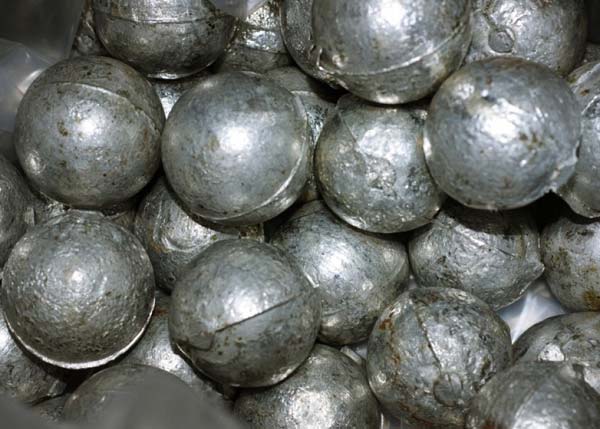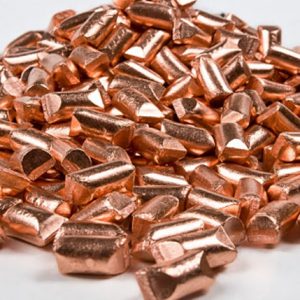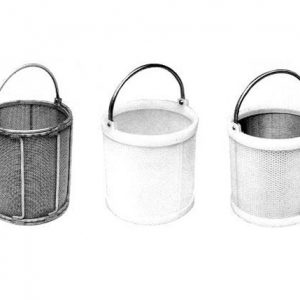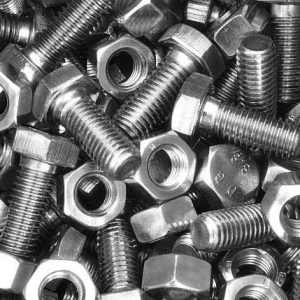Cadmium anodes, cadmium balls, or cad balls are designed and sold for plating in surface finishing because it provides superior sacrificial coatings. Cadmium plating provides excellent corrosion protection in aerospace and marine environments for military specifications. The specific properties of cadmium metal such as; excellent corrosion resistance, low melting temperature, high ductility, high thermal and electrical conductivity ensures applications in a variety of industries. The low melting points of Cd metal due to high densities enables control of nuclear fission, electroplating, and soldering. It is also used in electrical conductors and to fabricate nickel-cadmium batteries. Nickel-cadmium batteries have two major applications; industrial and portable batteries.
Cadmium corrosion is a term used to refer to cadmium plating or a cadmium coating because cadmium is resistant to corrosion. However, when cadmium is applied on other metals (e.g., iron, steel) it behaves as a sacrificial coating by corroding before the substrate metal to which it is adhered.
Cadmium is a soft white metal that can be electroplated as a versatile coating. Cadmium anodes are used for wet electrolytic deposition or metallurgical assay. They can be in the shape of balls to fill iron baskets, or plates with an anode hook, in the form of rods and finally wire or bar for coating cadmium inside tubes or parts.




